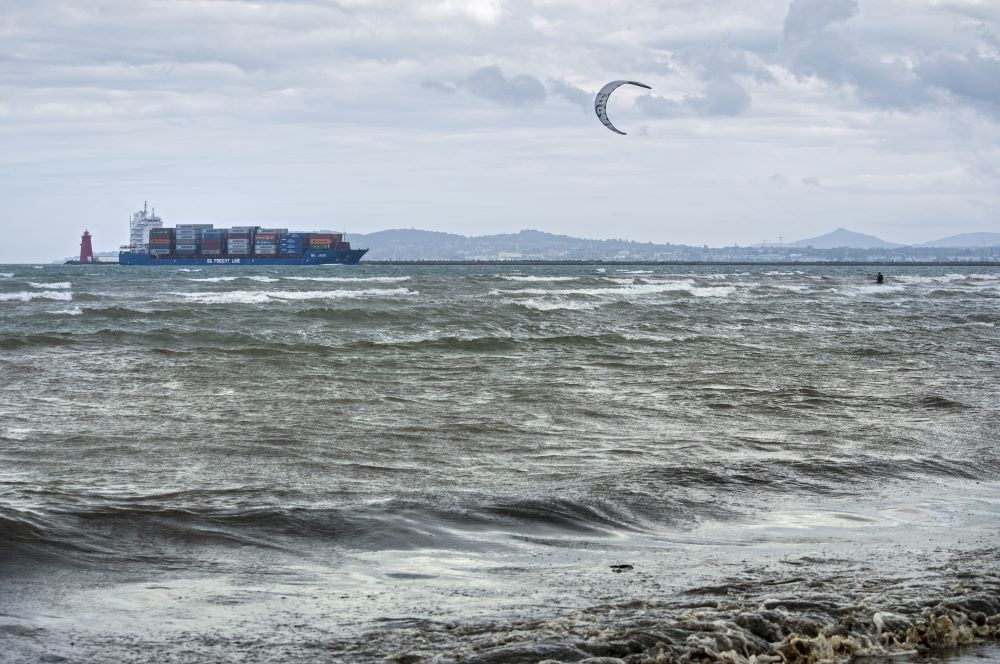
Freight moving from Great Britain into Ireland continues to be disrupted by new trade rules and customs checks following the end of the transition period.
This has also impacted trade between Britain and Northern Ireland, as a fifth of goods moving through Dublin port usually moving onwards to the north.
Systems down
The situation worsened following technical difficulties experienced by a new customs IT system operated by the Revenue Commissioners (Ireland's customs authority) designed to manage incoming British goods.
The Automated Import System (AIS), introduced to manage an expected surge in import declarations for British goods entering Ireland, went down for two days last week, according to the Irish Times.
Unprepared
Both British and Irish hauliers have reported delays in the supply chain, but Irish customs authorities say part of the problem is businesses being unprepared for the changes.
A statement from Ireland's Revenue Commissioners, seen by the BBC, said companies “hadn’t really addressed the work that needed to be completed in the months and years leading up to 1 January”.
Welsh ports
As a result of the new bureaucratic demands and ongoing disruption, Irish hauliers are increasingly re-routing their journeys to avoid moving freight through Wales and the GB landbridge.
Andrew Kinsella, managing director of Wales-based Gwynedd Shipping, told the BBC that his company was operating at about 65% of normal volumes but that the pressure of extra paperwork was challenging.
He added that firms were likely to shift away from moving goods via Holyhead Port, and multiple ferry companies have already increased their direct sailings from Ireland to European ports such as Cherbourg.
Fifth largest export market
Ireland is Britain’s fifth largest export market worth £40bn and Britain runs a £10bn trade surplus with its neighbour, according to government figures.
As a result of the UK leaving the EU, the number of customs declarations required for goods moving between Britain and Ireland has increased from one million a year to an expected 20 million.
Ireland accounted for 5.8% of UK exports and 4.2% of all UK imports in 2019.

